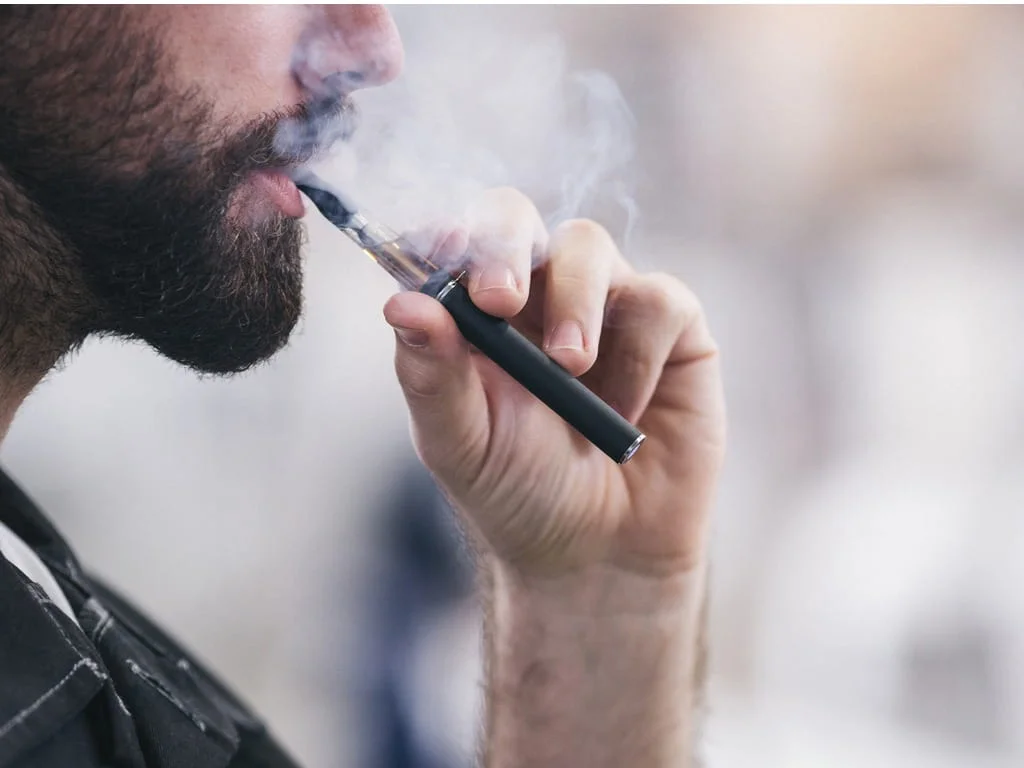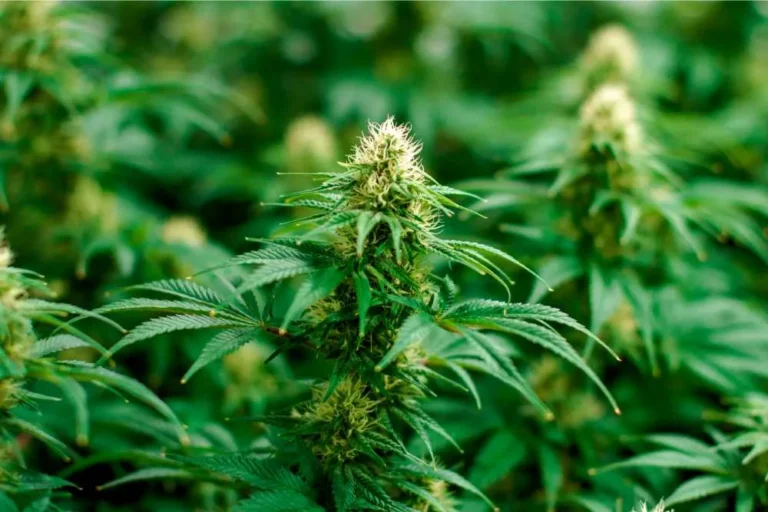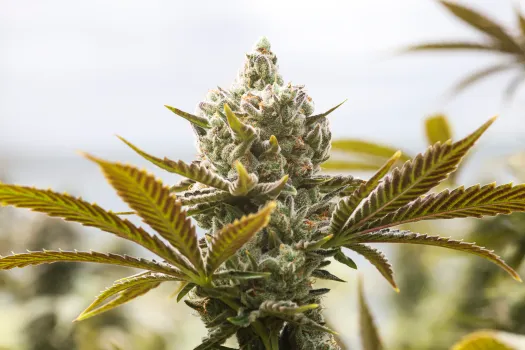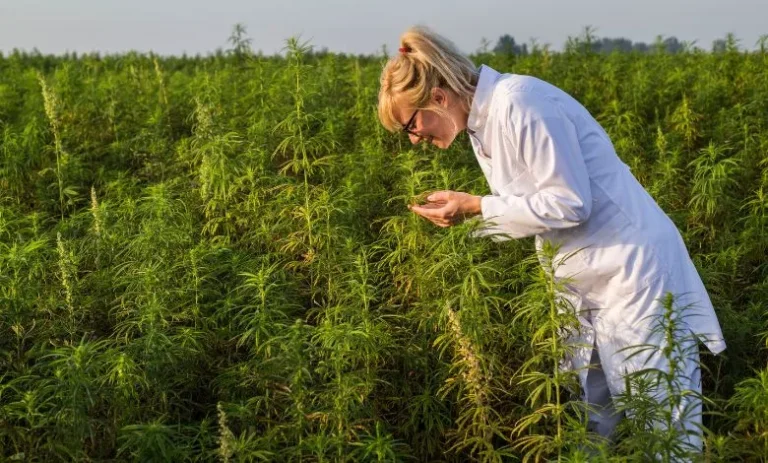Is Delta 9 Legal In Wisconsin
The question “Is Delta 9 legal in Wisconsin?” is one that many cannabis enthusiasts and potential users in the state are eager to explore. The legal framework surrounding cannabis and its derivatives in the U.S. is intricate and continuously changing, and Wisconsin is no different. This blog seeks to offer an in-depth look at the current legal standing of Delta 9 THC in Wisconsin, examining how state laws, federal regulations, and consumer and business perspectives intersect.
Delta 9-tetrahydrocannabinol, commonly known as Delta 9 THC, is the main psychoactive compound in cannabis, responsible for the high that users feel. Its legal status varies widely from state to state and is shaped by both state and federal laws. To address the question of whether Delta 9 is legal in Wisconsin, it’s important to break down these legal nuances.
On the federal level, Delta 9 THC is classified as a Schedule I controlled substance under the Controlled Substances Act, which means it’s considered to have a high potential for abuse and lacks accepted medical use. However, the 2018 Farm Bill made a notable shift by legalizing hemp and its derivatives, as long as they contain less than 0.3% Delta 9 THC on a dry weight basis. This distinction between hemp and marijuana has led to a complex legal landscape.
Wisconsin follows federal law regarding the classification of Delta 9 THC. Under Wisconsin state law, marijuana and any products containing more than 0.3% Delta 9 THC are illegal. Possession, sale, or distribution of marijuana is prohibited, and violations can result in criminal penalties. This means that traditional marijuana, which typically contains higher concentrations of Delta 9 THC, remains illegal in Wisconsin.
Hemp-derived products that comply with the federal 0.3% Delta 9 THC limit are legal in Wisconsin. This aligns with the 2018 Farm Bill, allowing the sale and use of hemp-derived CBD products, as long as they do not exceed the Delta 9 THC threshold. Consequently, products such as CBD oil, edibles, and other hemp-derived products can be legally purchased and consumed in Wisconsin, provided they meet the regulatory criteria.

The legality of Delta 9 THC in Wisconsin is a complex issue, especially when it comes to the production and sale of Delta 9 THC products. Hemp growers and processors must follow strict regulations to ensure their products stay within the legal limit for Delta 9 THC. This requires ongoing testing and strict adherence to both state and federal laws. Oversight of these practices falls under the Wisconsin Department of Agriculture, Trade, and Consumer Protection (DATCP), which monitors compliance to ensure hemp-derived products meet legal standards.
Although hemp-derived Delta 9 products are legal within specific limits, the broader legalization of Delta 9 THC for recreational use remains a contested issue in Wisconsin. Currently, marijuana is not legal for recreational purposes, and efforts to legalize it for medical use have faced varying challenges. Advocates highlight the potential economic and health benefits, while critics raise concerns about possible abuse and societal effects.
For consumers, the legality of Delta 9 THC in Wisconsin depends on both the source and concentration of the compound. Hemp-derived products containing less than 0.3% Delta 9 THC are legal, but marijuana and products exceeding that limit are not. It’s crucial for consumers to understand these differences and ensure they purchase from reputable sources that comply with state and federal laws.
Businesses in Wisconsin’s cannabis industry must navigate this legal framework carefully. Compliance with regulations on testing, labeling, and other legal requirements is vital to avoid legal consequences. As public opinion and the legal environment continue to shift, businesses need to stay up to date on legislative changes that could affect their operations.
In short, Delta 9 THC is legal in Wisconsin, but only when derived from hemp and containing less than 0.3% THC. Both consumers and businesses must stay vigilant as legal discussions around cannabis continue to evolve. Understanding and adhering to these laws will be essential for operating within the state’s complex legal landscape.






